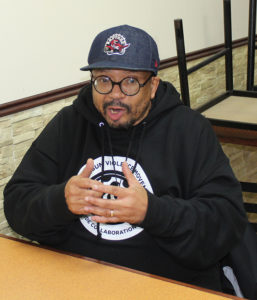
By Lincoln DePradine
The current outpouring of grief for the late Louis March is reminiscent of the mourning seen for community icons and stalwarts such as Dudley Laws and Charles Roach of the Black Action Defense Committee.
“It’s like the loss of a significant family member,’’ said Floydeen Charles-Fridal, commenting on the death of March.
Charles-Fridal is executive director of the CAFCAN, a non-profit charitable “Black-serving and Black-focused” organization supporting people to “meet their mental health and other social service needs”.
She described March as someone who was “like a rare diamond”.
Fay Ferguson, like many others, took to social media to pay tribute to March.
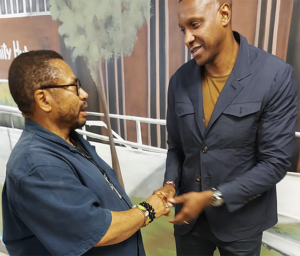
“You were not only my cousin. You were my brother, my friend, my motivator, my mentor, my sounding board, my teacher,” Ferguson said.
“I take solace in the fact that I’m not alone in wishing you were still here. I miss you severely. May your kind, sweet, soul rest in peace eternally.”
March died Saturday, July 20, at Sunnybrook Hospital, with his wife and son by his side. He was 68.
A Scarborough resident, and former bank employee who studied at Toronto Metropolitan University and George Brown College, March became renowned in Toronto and across Canada for his tireless advocacy calling for an end to violence, especially gun-related incidents.
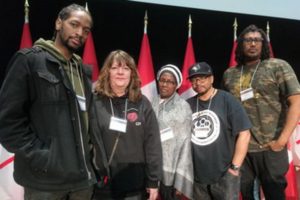
March, in 2013, brought together more than 40 community organizations and agencies and founded the Zero Gun Violence Movement (ZGVM).
He worked with youth and families and championed the cause of non-violence, offering solutions and appearing on platforms, including at public meetings and on television shows.
March also met with leaders of various sectors, including law enforcement and government and politics.
“I’m grateful for Louis March’s hard work to empower youth and communities in Scarborough, and across our city, to be resilient, healthy and safe. If we are ever successful in defeating gun violence, it’ll be because of people like Louis. We will miss him,” said City of Toronto Councillor Josh Matlow.
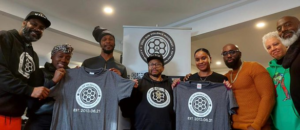
Spadina-Fort York NDP MPP Chris Glover called March a “great warrior in the fight against gun violence.”
March, a Jamaican-Canadian, “brought us together, spoke with all three levels of government and provided support to families and communities who had lost loved ones. We must continue his work”, Glover said.
March worked collaboratively with other groups, including the One By One Movement, which connects former gang members with youth to prevent them from following in their footsteps.
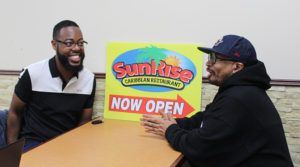
The Movement paid tribute to March in a post on social media, referring to him as a “beacon, with dedication, and unwavering commitment to safety”.
“As a well-known activist within the Black community, Louis fought tirelessly against gun violence, always advocating for a safer world. His work was not just a career, but a calling, one that he answered with passion every single day,” the group said.
March’s death is “a tremendous loss for the family”, said his younger brother Adrian Aitcheson.
His late brother, Aitcheson said, leaves behind a legacy of service and selflessness, and will always be known for his commitment to getting things done — often in an “unapologetic” and “uncompromising” way.
“I think he’s had an incredible influence on me, and the family, and so many people that he’s worked with,’’ Aitcheson said. “He was my hero.”
Apart from the ZGVM, March also involved himself in other efforts at education and empowerment in the Black and Caribbean community, including serving on boards and steering committees of various organizations.
Up to press time, funeral details were not available.


